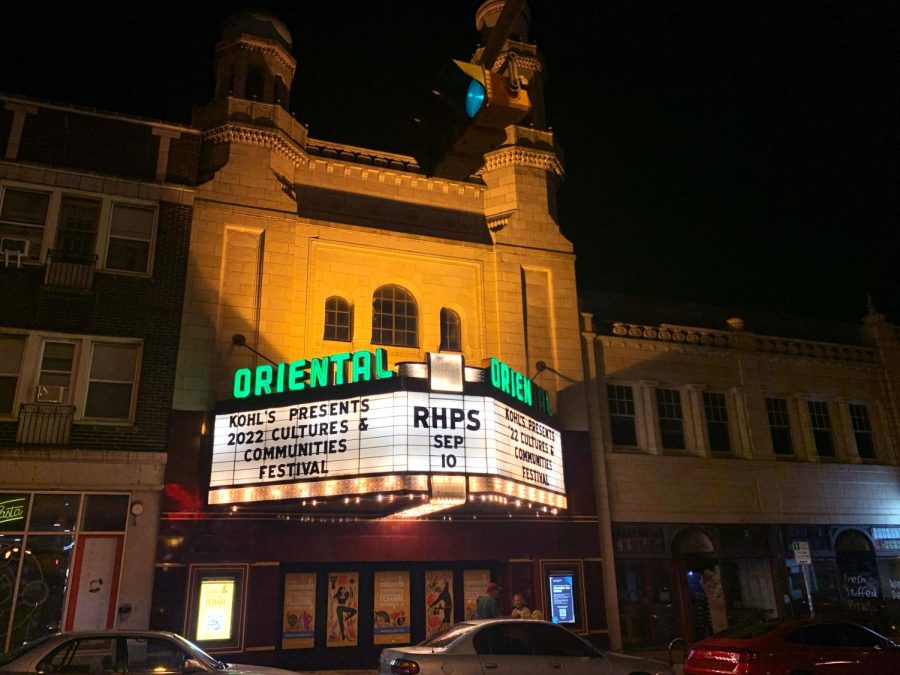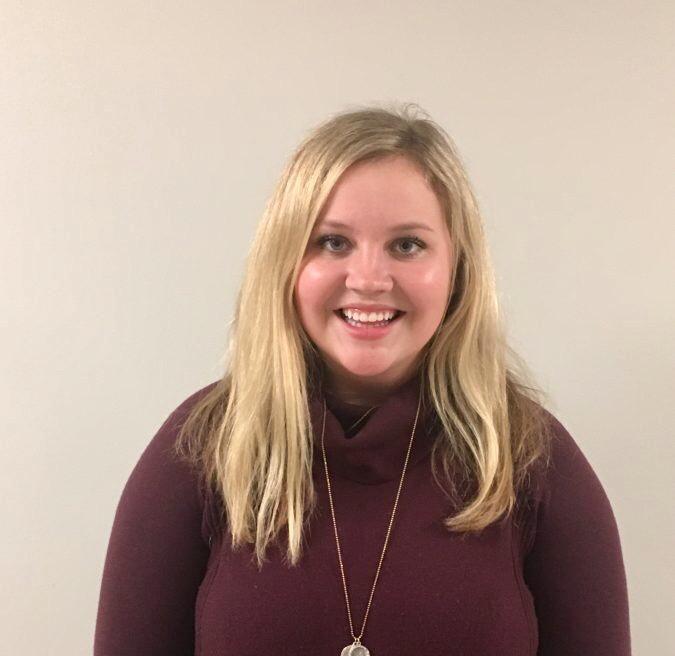Walking around the East Side neighborhood in Milwaukee, one would be hard-pressed to miss the district’s historic Oriental Theater, a near-century old “movie palace” in the heart of Farwell Avenue.
This past week, the Oriental Theater hosted its fourth annual Cultures & Community Festival, a spotlight on the many culturally diverse and challenging films showcased at the theater.
The festival ran Sept. 14-18 and featured films and events from three main categories: Black Lens, highlighting the work of black and African American filmmakers; Cine Sin Fronteras, or “Cinema Without Borders,” which focuses on stories of identity within Latinx backgrounds; and Genrequeer, which explores LGBTQ+ identities and experiences.
Geraud Blanks, chief innovation officer of Milwaukee Film and one of the pioneers of the Black Lens film program, has been organizing the festival since it began, originally as the Minority Health Film Festival in 2019. Similar to other festivals Milwaukee Film hosts, Blanks said the Cultures & Communities Festival aims to focus on the same celebration of film, albeit in a different light.
“[Cultures & Communities] is really a hybrid film festival,” Blanks said. “It’s more about the celebration of community and we’re just using film as a way to bring people together to have conversations. With a typical film you watch, you might just screen it and then talk about it afterwards. With our events, they’re interactive, so people start exchanging ideas and get really involved.”
Being a combination of film festival and community celebration, Cultures & Communities had a number of unique screenings and events, everything ranging from Beyonce and Beyond: The Politics of Black Women’s Popular Music to Mind Body and Soul Session yoga classes, as well as a handful of movies from the indie film circuit.
Blanks said the festival’s emphasis on accessibility and inclusivity is not only present in the message in its films, but it’s also shown through its cost.
“We’ve got more screenings [at this festival] than we’ve ever had and part of that is because of the generous funding of corporate sponsors and individuals,” Blanks said. “We’ve got about six or seven free screenings [as well as] pop-up cinemas, which is where we go and do a screening on site. [The majority] of our events are actually free.”
In addition to a number of events hosted throughout Milwaukee for the festival, Blanks said a number of screenings and pop-up events were paid for by donors to allow everyone to be involved.
“Accessibility and inclusion are two keys of this festival,” Blanks said “We tried to make it accessible in terms of making [everything] affordable and having events around the city. In terms of inclusion, even though we center people of color and queer folk and the lived experiences of those groups, this is for everybody.”
Ben Andrews, a junior in the College of Education, said he attended the festival without fully knowing what to expect.
“I had never been to the Oriental Theater before, but that was kind of what made the experience exciting,” Andrews said. “You hope to be surprised.”
Despite his lack of expectations going in, Andrews said the experience exceeded his expectations.
“I’d definitely say the festival is worth checking out,” Andrews said. “The Cultures & Communities Festival especially seems like a great chance to see a lot of unique films, each with their own distinct voice.”
In addition to the important social issues being discussed through films at the festival, Blanks said that it is still a festival, first and foremost.
“What’s really cool about [the Cultures & Communities Festival] is that we’re taking arts, culture, health and wellness and combining them in a fun way,” Blanks said. “If you think about the intersections between art, culture, wellness and equity, it’s the things that I think are really important to people. We’re trying not to be overly academic – there are certainly academic parts – but it’s a festival. It should be a celebration.”
This story was written by Will Eikenbary. They can be reached at [email protected].


